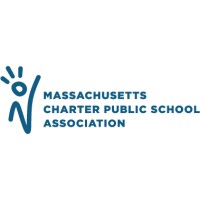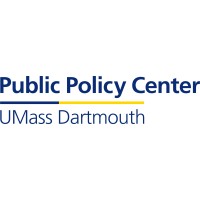
Massachusetts Charter Public School Association
The Massachusetts Charter Public School Association (MCPSA) is a school membership organization that is committed to ensuring that all children and families across the Commonwealth have access to high-quality public schools. As the voice of one of the nation’s highest-performing charter public school sectors, MCPSA engages in public policy advocacy, communications, and best practice sharing and training aimed at strengthening educational programming. MCPSA’s mission is to create and protect the conditions that will enable the charter public school sector to thrive, and advance the larger goal of ensuring all Massachusetts children and families have equitable access to high-quality schools. To achieve our mission, MCPSA advocates for public policy that supports equitable educational opportunities and supports member schools across Massachusetts; provides best practice sharing and professional development for leaders, educators, and board members to support strong educational practices, governance, and advocacy engagement; and amplifies the stories and voices of the charter public school community. Since its inception, the K-12 public education system has been utilized as a tool to advance and protect systemic racism. From withholding education from enslaved peoples, to separate and unequal segregated schools, to the use of local property taxes and manipulated municipal boundaries as the basis for public education funding, systemic racism has and continues to impact children’s K-12 educational opportunities. MCPSA will work to build a more just and equitable K-12 public education system in Massachusetts — in short, one in which every child receives a high-quality public education that enables them to thrive and to reach their full potential.






